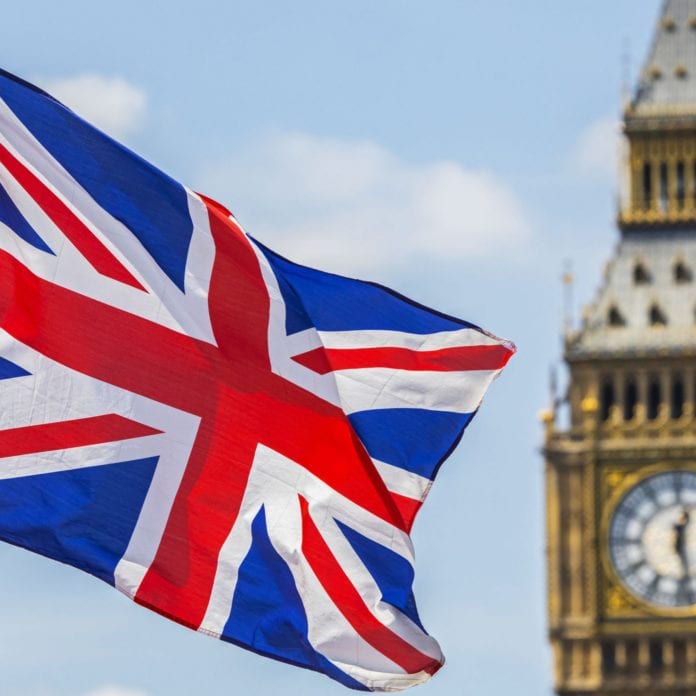Last year, Ofcom said it had consulted on an approach that would allow both Wi-Fi and mobile services to share spectrum in the upper 6 GHz band
U.K. telecom regulator Ofcom has set out its vision for how shared use of the upper 6 GHz spectrum band could enable both Wi-Fi and mobile services, while also continuing to serve the band’s existing users.
“As people use ever more data in their daily lives, there are increasing demands on radio spectrum. It is a finite resource, so we are considering innovative ways of ensuring that it is used as efficiently as possible,” the regulator said in a release.
“In July 2023, we consulted on an approach that would allow both Wi-Fi and mobile services to share spectrum in the upper 6 GHz band, known as ‘hybrid sharing’. This would be the first time Wi-Fi and licensed mobile technologies share spectrum extensively. This paper outlines two possible approaches that could form part of a sharing framework,” Ofcom added.
The first approach is called a “variable spectrum split”. Ofcom stated that this approach stipulates that both Wi-Fi and mobile would be able to use any part of the band where the other is not deployed, but have sections of it they are prioritized in. This could be done by each technology transmitting a specific signal so they can sense and avoid each other, the regulator said.
In the second approach, called an “indoor/outdoor split”, Ofcom explained that Wi-Fi routers tend to be indoors to serve a particular household, whereas mobile base stations are mostly located outdoors to provide coverage to a wider area. The band could be managed to prioritize the indoor use of Wi-Fi while also prioritizing mobile use outdoors.
“We are working with industry to develop a hybrid sharing framework and the necessary coexistence solutions. We are also working with other European regulators, with a technical report on this topic is scheduled to be published in 2025. Earlier this month we welcomed a range of technology companies and European regulators to a workshop on this topic. The ideas discussed by the approximately 70 participants will help us further refine our thinking,” Ofcom said.
The regulator also highlighted that the U.K. Government’s Department for Science, Innovation and Technology is also funding several trials until March 2025 to explore new spectrum-sharing techniques.
“Next year, we will set out further details on how we intend to make the upper 6GHz band available in the U.K., and will consult before making any decisions on future use of the band,” Ofcom added.
Last month, Ofcom provided updates on how it will make mmWave spectrum available in the 26 GHz and 40 GHz bands.
In September 2023, Ofcom had announced that it will open these spectrum bands to mobile technology, including 5G services, for the provision of faster 5G speeds across 68 towns and cities across the U.K. Ofcom aims to award several 15-year, fixed term citywide licenses to use the mmWave frequencies in 68 major towns and cities across the U.K., as well as some localized licenses for “low density areas” within those cities via a shared access licensing framework.
Ofcom had previously confirmed it will not hold an auction of mmWave spectrum until a decision has been made by the country’s competition authorities on a proposed merger between local carriers Vodafone and Three UK.

